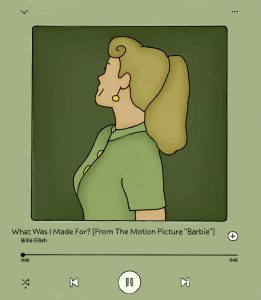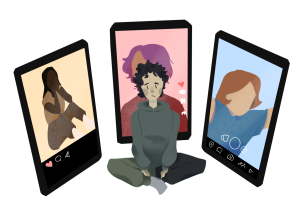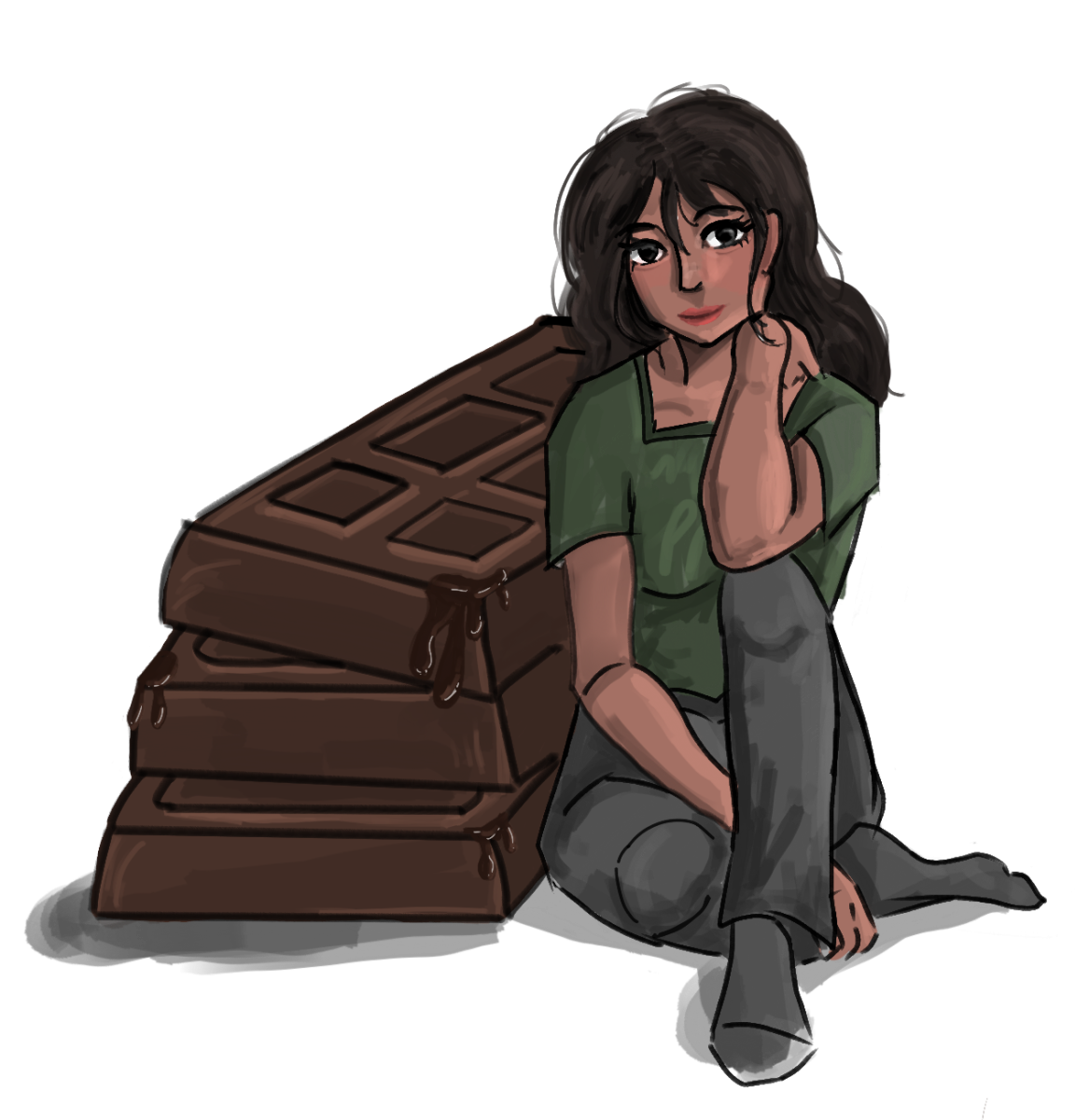A Proposed Return to Illiteracy
March 29, 2023
Humanity has come a long way since the time when we communicated through grunting and crafted weapons out of sticks that we used to hunt the next day’s lunch. With communication and global interconnectedness has come knowledge, innovation, and, of course, the internet. The internet, a source of neverending useless Twitter fights and even more useless cat videos (which I will continue to send to all my friends), can be blamed for many of the problems that plague modern society like our miniscule attention spans, declining mental health, and “lack” of time.
To rectify this ever persistent problem, I recommend that we target the root cause of the problem: literacy. We need to stop teaching children to read.
By simply not teaching them how to read, any anxiety or tension caused by knowledge would simply dissipate, ultimately creating a society that prioritizes blissful ignorance. Ignorance will be inextricably tied to future generations’ wellbeing.
Today, while violence and famine still exist, modern literates face an additional challenge their ancestors could barely imagine: the internet. If children were not able to read, the internet, a looming void which is always threatening to drain our attention, mental space, and time, would simply have no appeal or even be a viable option that they could explore.
Future generations would never spend a frankly concerning amount of time typing and retyping messages to their crushes, fretting over their use of punctuation. Future generations would never experience the disorientation after coming to the realization that they just spent multiple hours down a Wikipedia rabbit hole. Unable to understand even basic words that would help direct them to video apps like YouTube, society would improve as people would have copious amounts of free time, unshackled from the internet.
To release ourselves from this prison of our own design, we need to stop teaching the children to read. As a society, we should wholeheartedly embrace the lifestyles of our ancestors who lived in a time where drawing on cave walls made someone considered “highly communicable.”






